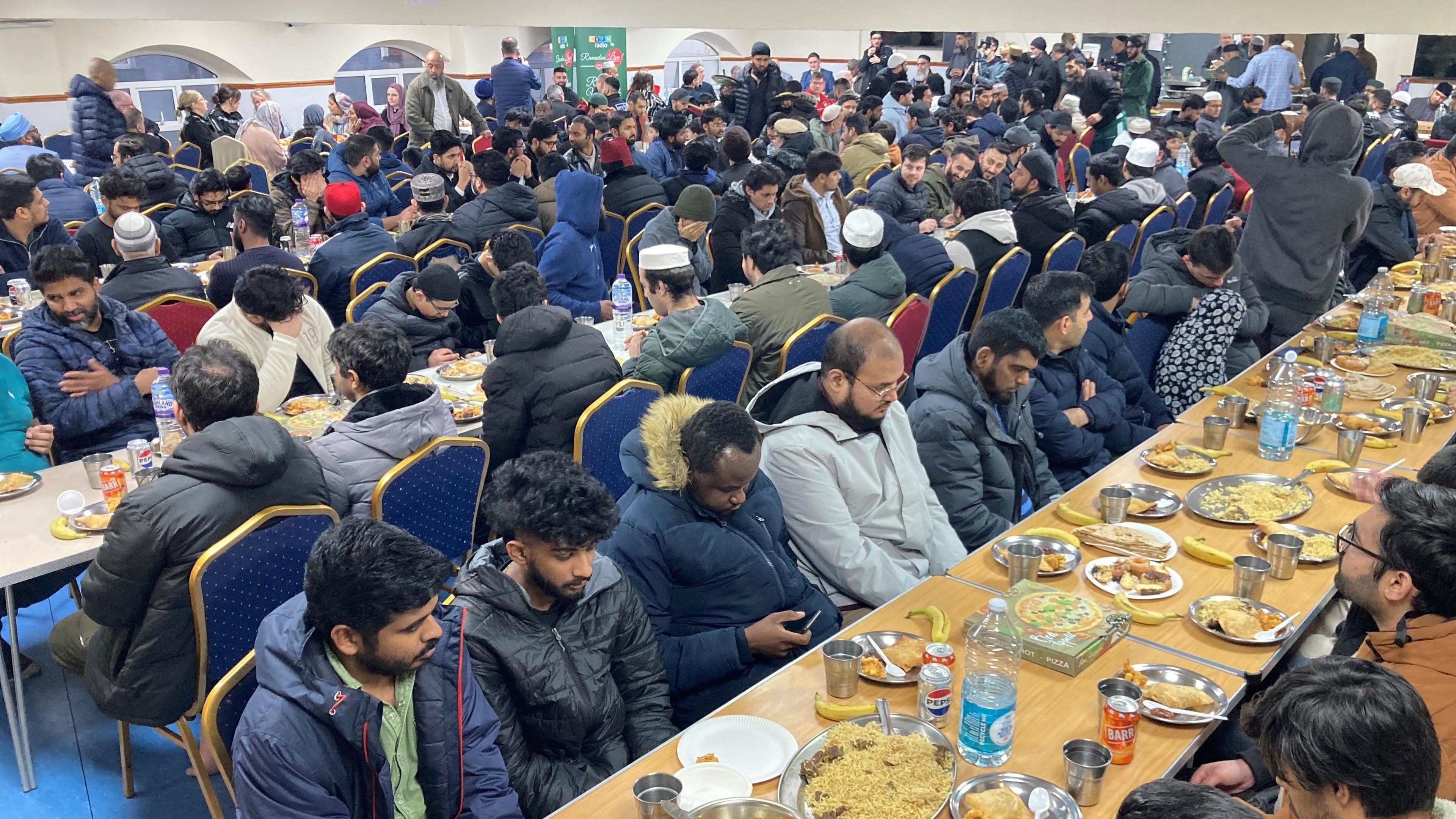'We still live in fear a year after the riots'
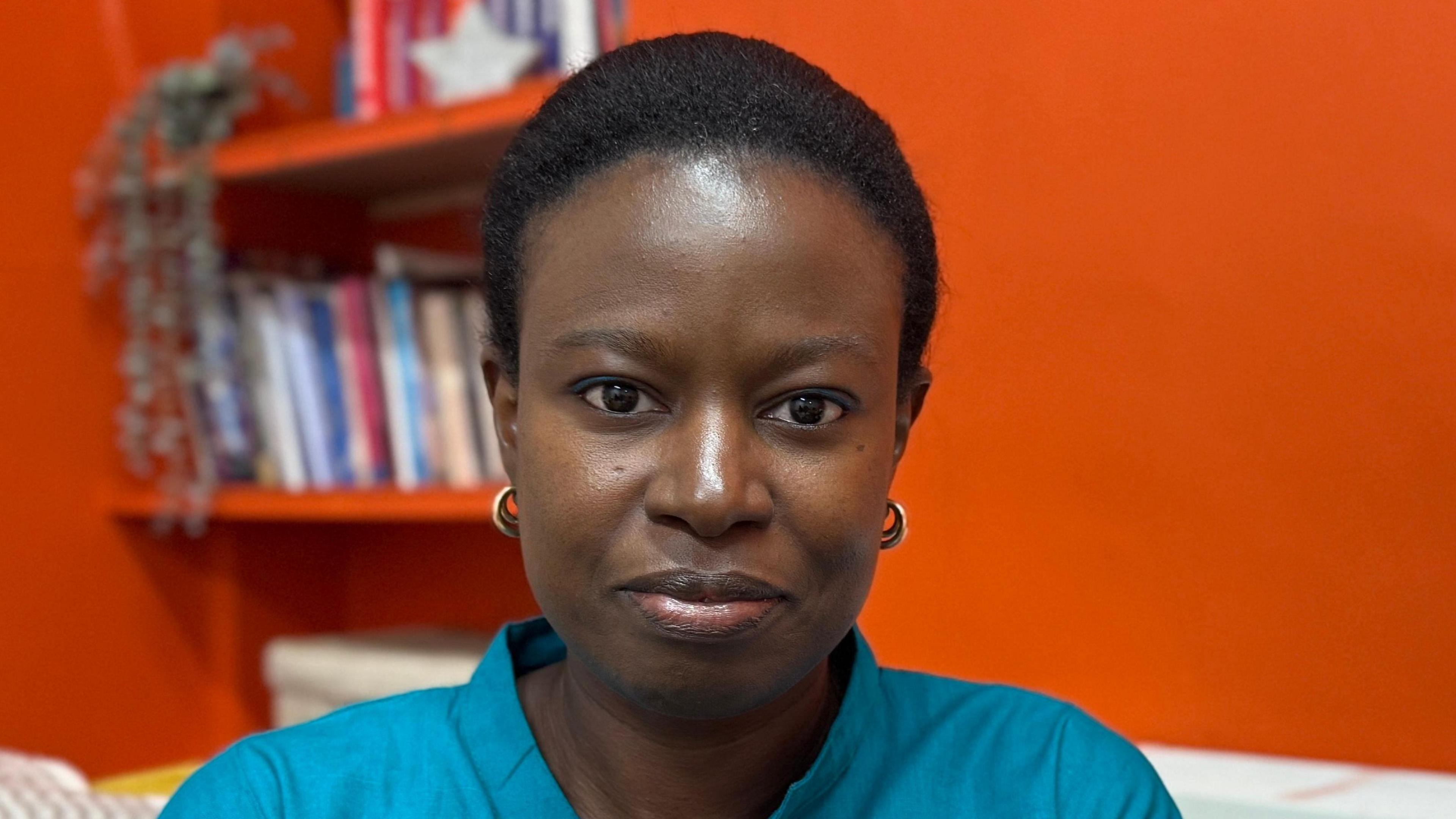
Faty Kane from the Angelou Centre says minoritised women still live in fear
- Published
Last summer, anti-immigration protests erupted into violence in towns and cities across the country. A group supporting black and Asian women says many are still living in fear a year on, but their voices have not been adequately heard.
On 2 August last year, Nusaiba Maisha was on her way to work in Sunderland when she was confronted by two masked men in hoodies.
"They asked me if I was a Muslim because I was wearing a hijab," the slightly built 21-year-old from the city says.
When she didn't respond, they attacked her.
One man grabbed her neck from behind, the other shouted "go back to your country, why are you here" the "usual stuff", according to Nusaiba.
She managed to flee, but is still traumatised by what happened.
"I only remember their eyes, the way they were staring at me," Nusaiba says, holding her hand right up to her face to show how close the attackers got.
"I felt I was going to die that day because they were so violent."
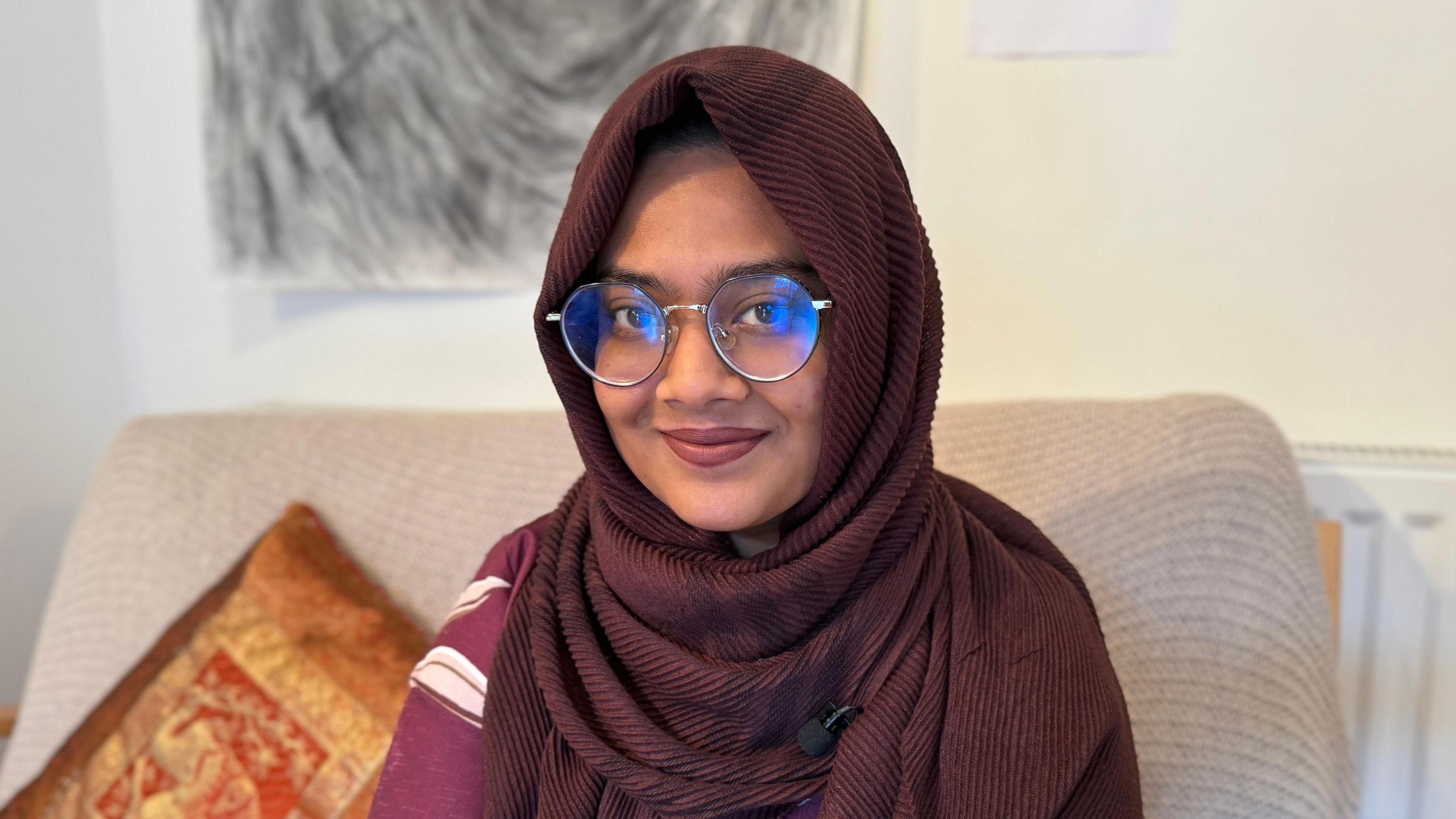
Nusaiba Maisha was attacked in Sunderland on the day of the riots
She says she experiences racial abuse a lot but that day, when anti-immigration protests turned violent in her home city, was the first time she had been physically attacked.
Nusaiba reported the assault to the police but they are yet to identify the men, so her attackers remain at large.
"Even now I can't go out alone," Nusaiba, who is on a waiting list for counselling, says, adding: "I feel so afraid. "
"I feel unsafe. I feel like I don't belong here."
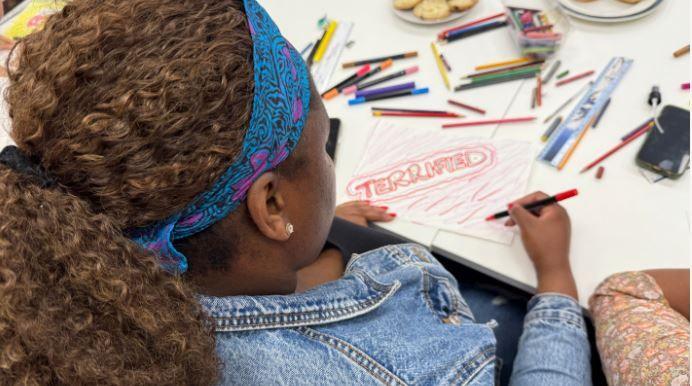
Women like Amina have been using art therapy to try and cope with their feelings
Amina Namoloh, from Blyth, Northumberland, says she feels the same fear a year after youths banged on her doors and windows while hurling racist abuse.
"I am very terrified, everywhere I go I fear for my life," Amina says.
She struggles to sleep at night, even getting a bus is traumatic as "no-one wants to sit next to you because of your colour", she says.
"You don't feel human. Someone is telling you 'I am white, you are black', but as far as I am concerned we are all humans."
Just a few weeks ago, she was racially abused by four intoxicated white men and women at a bus stop in Whitley Bay, which continued when they all got on the bus.
Weeping as she recalls the incident, Amina says she goes to pieces when she has to take public transport.
"It breaks me down because I feel unsafe sometimes," she says, fearing next time it will escalate from "vulgar words" to violence.
"It's very scary."
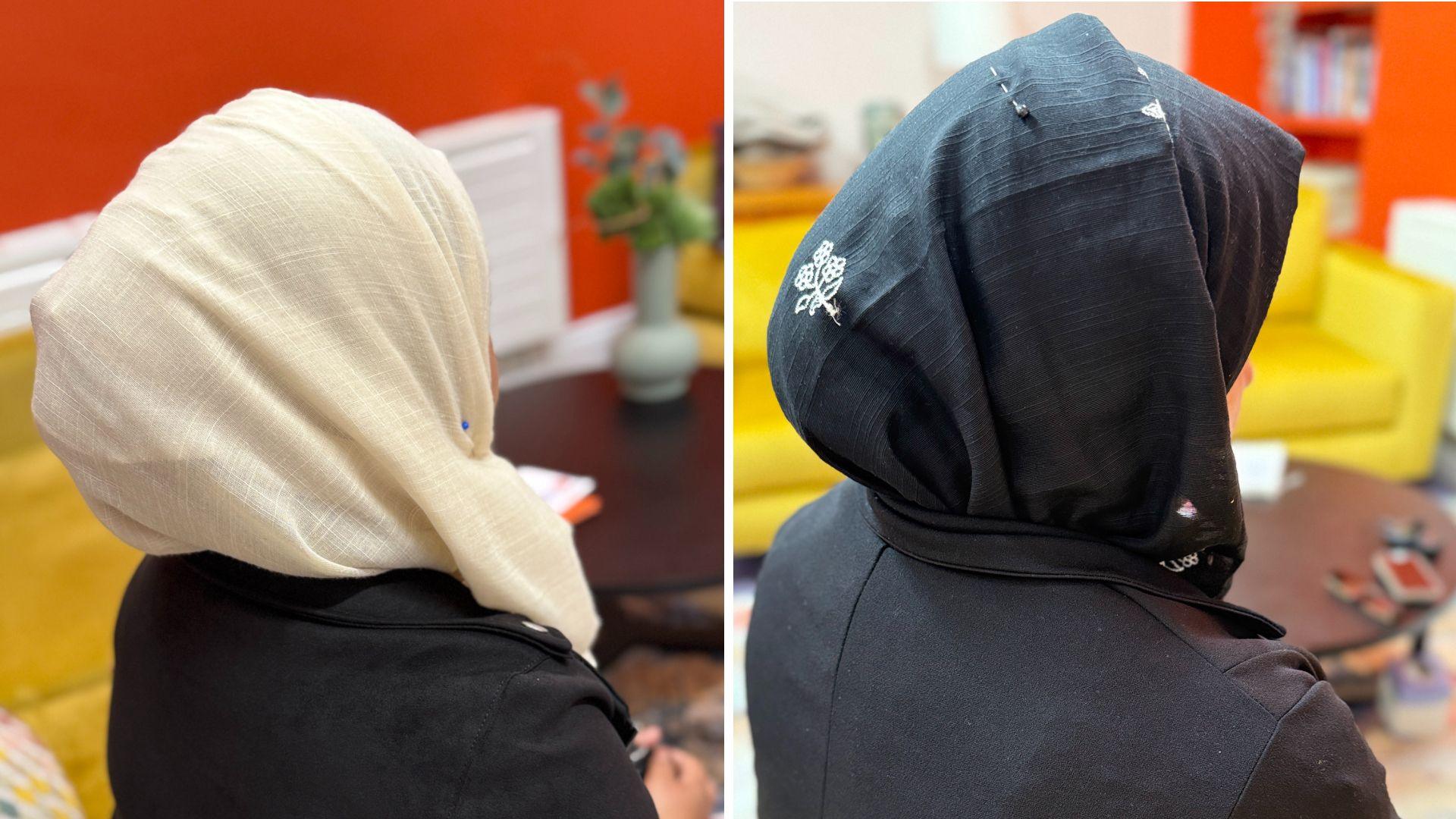
Mothers like Tara and Saira feared for their children during the riots
Last year's violent disorder was also hard on mothers trying to protect their families.
For Tara, not her real name, who has lived in Sunderland with her taxi driver husband and four children for 16 years, it was the scariest night of her life.
"When it started it felt like a war," she says, adding: "Our town was burning. Smoke was all over the sky. Helicopters were flying all night.
"My kids said 'mummy close the window, close the curtains'.
"They were so scared."
Tara says she is thankful for everything the police did to protect her community during the riots while officers themselves were attacked, but she no longer feels safe in the UK as she fears a repeat.
Meanwhile in Middlesbrough, Saira, not her real name, shares Tara's concerns.
She is a single mother who, at the time of the riot in the town on 4 August, was living with her two children in a single room after fleeing domestic abuse at the hands of her in-laws.
"I was very scared," Saira says. "It was very difficult for me because I didn't know how to manage with the kids."
A year on she is still afraid, especially at night when she fears someone may break into her home.
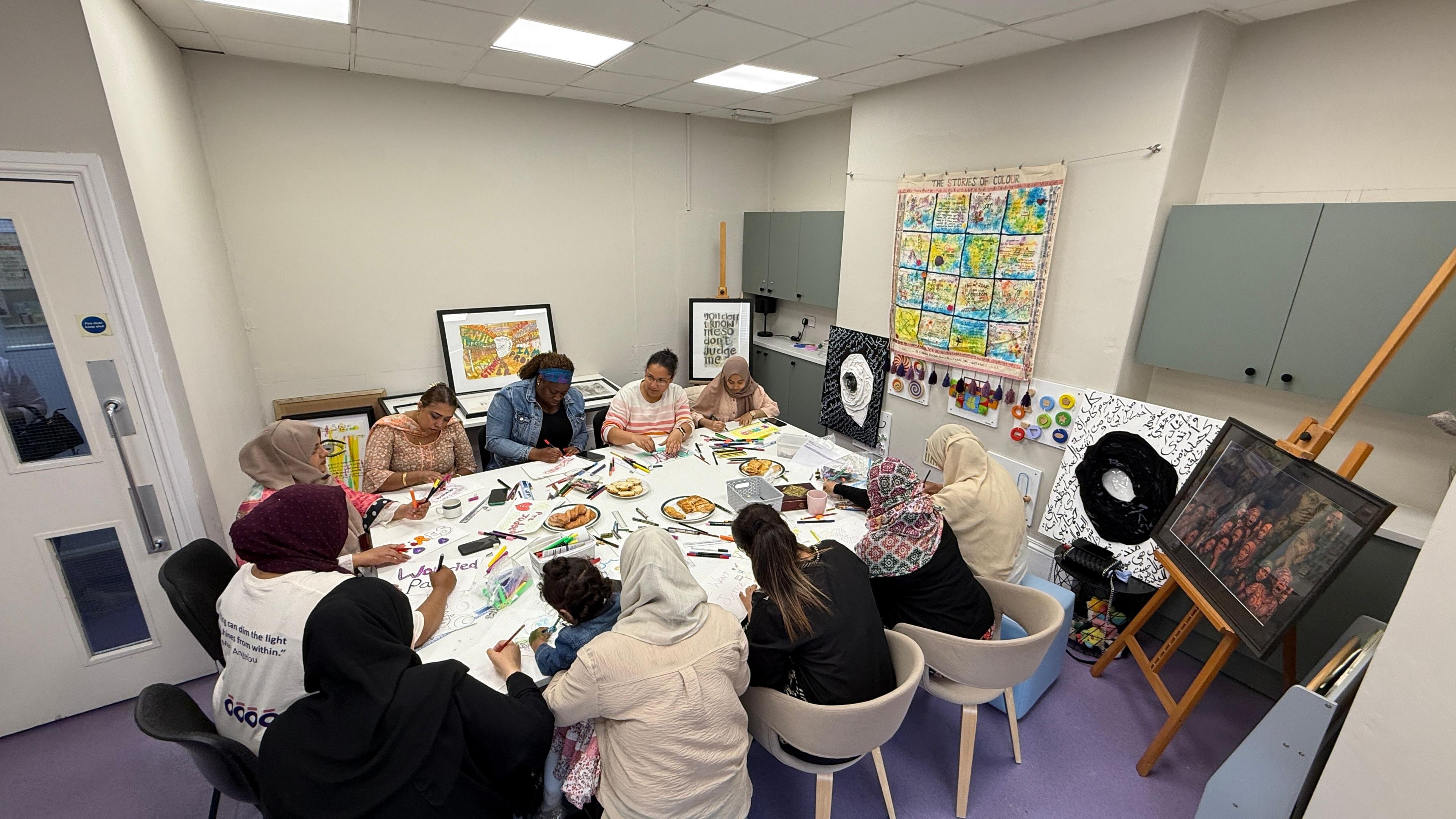
The Angelou Centre in Newcastle supports black and minoritised women
The stories of women like Saira, Tara, Amina and Nusaiba are all too familiar to the staff and volunteers at The Angelou Centre in Newcastle, a charity dedicated to providing specialist support to minoritised and migrant women and children - many of whom suffer domestic abuse, sexual violence and harmful cultural practices.
For three days last August, the 30-year-old organisation was forced to shut down and, for the first time since the Coronavirus pandemic, it could not help those who depended on it.
"The riots posed a threat to our safety," executive director Faty Kane says, adding: "We did not feel safe to come to work.
"It was very frightening. We just felt that we had a target on our back because of the work that we do and who we are."
In the wake of the violence, the centre commissioned a report to explore the experiences of fear and racism, external faced by black and Asian women and children in the North East, speaking to more than 20 women.
"People need to know the impact of the riots on us, how it made us feel," Faty says.
She says she still feels fear a year on, for example being very careful where she sits on the Metro or bus.
"I can tell you I am not the only person," she adds.
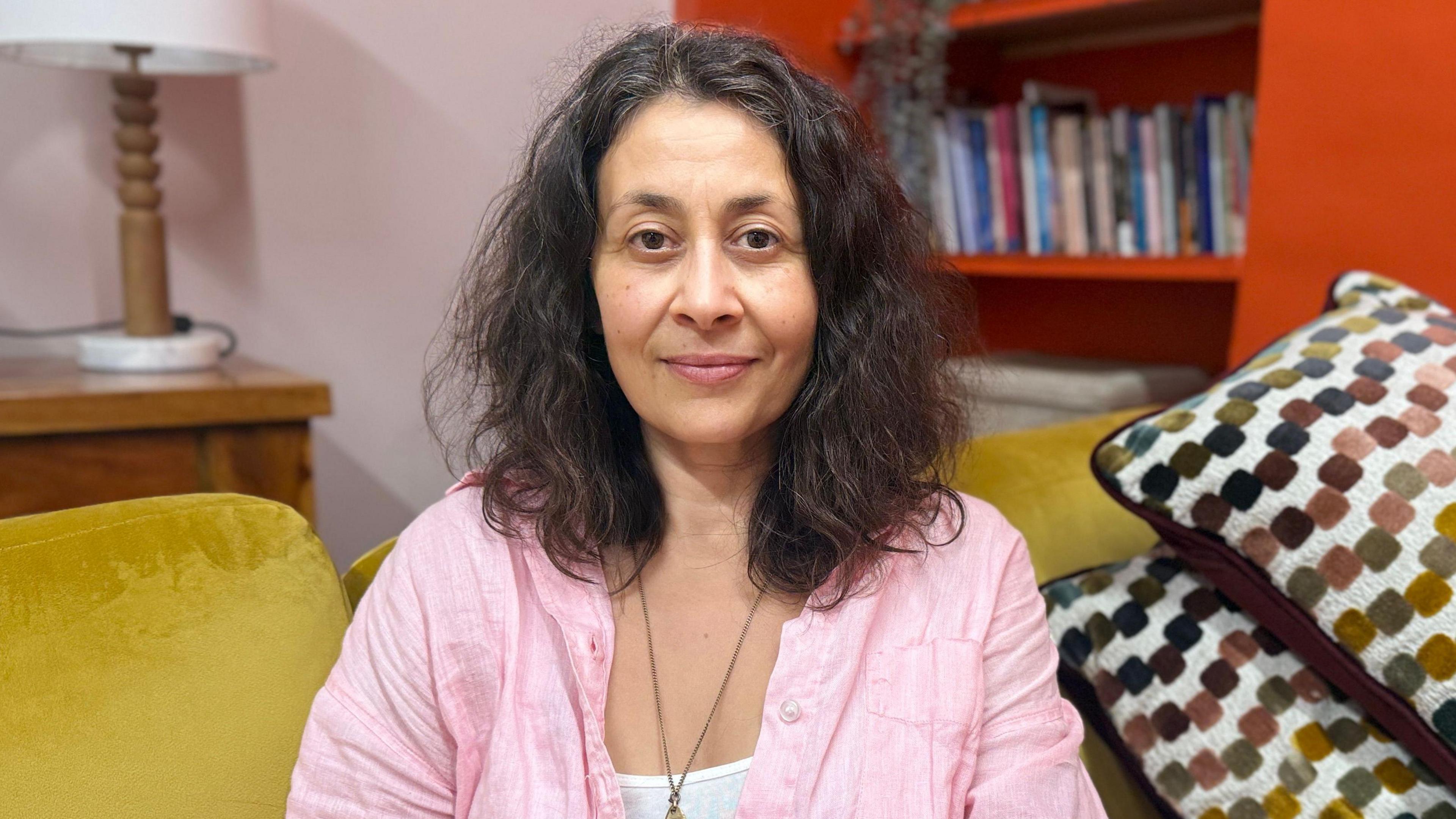
Rosie Lewis co-authored a report documenting the experiences of black and minoritised women during the riots
Rosie Lewis, a co-author of the report, says the riots were also affecting women in other ways.
For example, those in domestic abuse relationships were told by their abusers not to go out anymore, with the fear of violence being used to exert control over them.
"They felt they couldn't leave the house, many of them felt they couldn't even phone the police," Rosie says.
The post-riot response of the authorities has also come under criticism in the report, mainly for excluding women-led organisations and consulting almost exclusively with male, community leaders.
Susan Dungworth, Northumbria Police and Crime Commissioner (PCC), admits that was initially the case and accepts why the women feel angry.
"It became quite apparent to us early on that we weren't necessarily talking to the women within the black and minoritised community and we needed to do that," she says.
She says efforts were made to engage with the women and girls, not just the community leaders, adding services such as the Angelou Centre needed support.
Though the riots were a year ago, anti-immigration protests and race hate crime are on the rise, and the brutal toll on women remains.
"Racism is everywhere," Saira, the mother from Middlesbrough, says.
"I feel fear every time I go out."
Follow BBC North East on X, external, Facebook, external, Nextdoor and Instagram, external.
Get in touch
Do you have a story suggestion for BBC North East & Cumbria?
- Published31 July
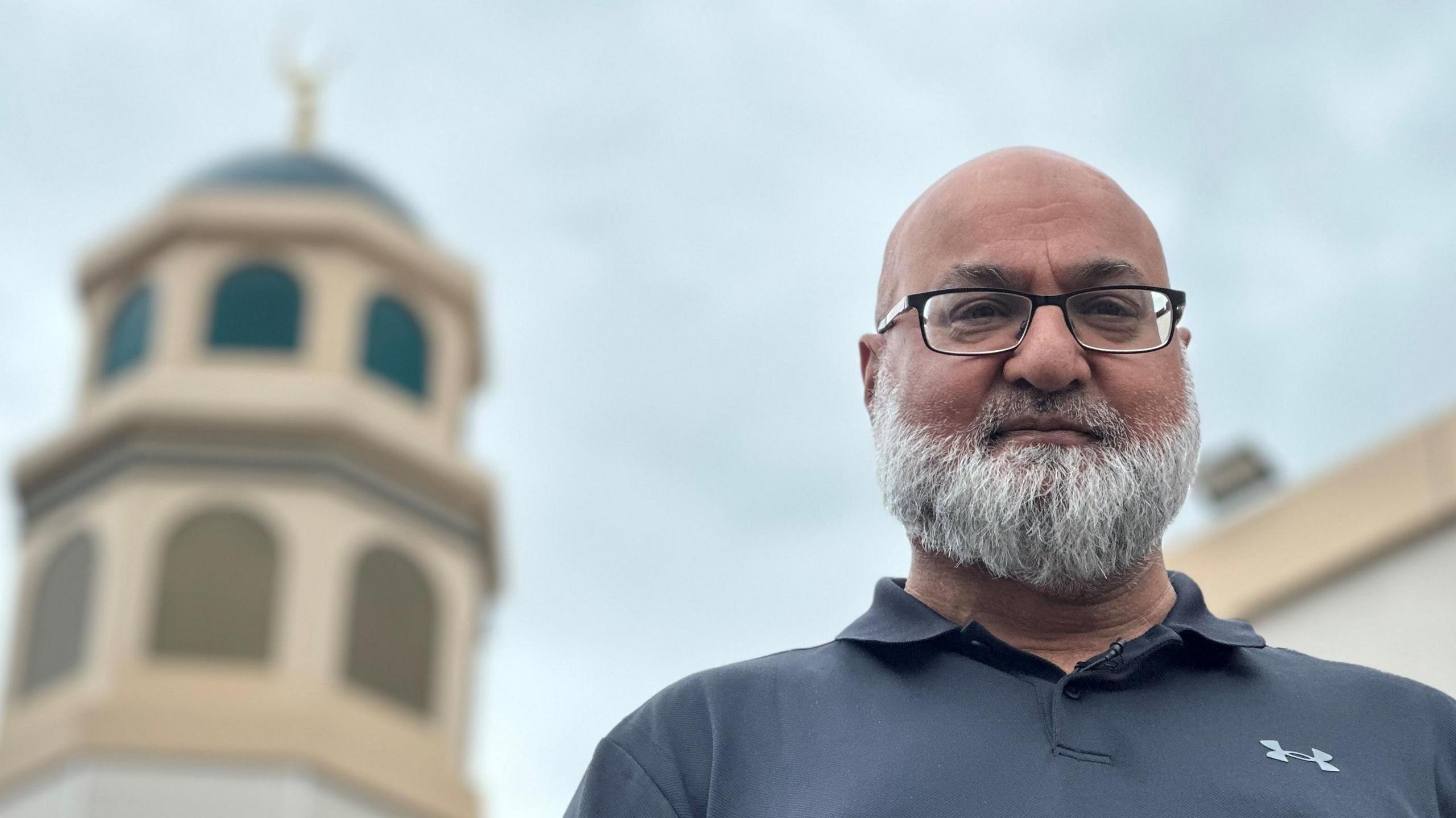
- Published4 March
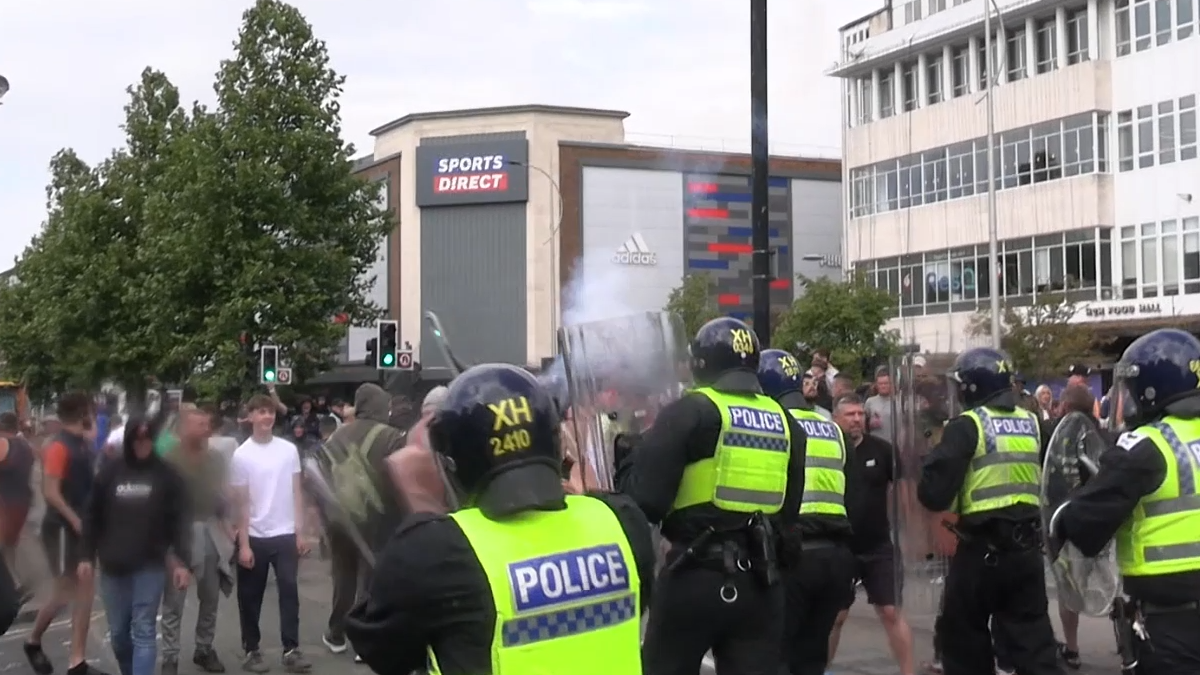
- Published15 August 2024
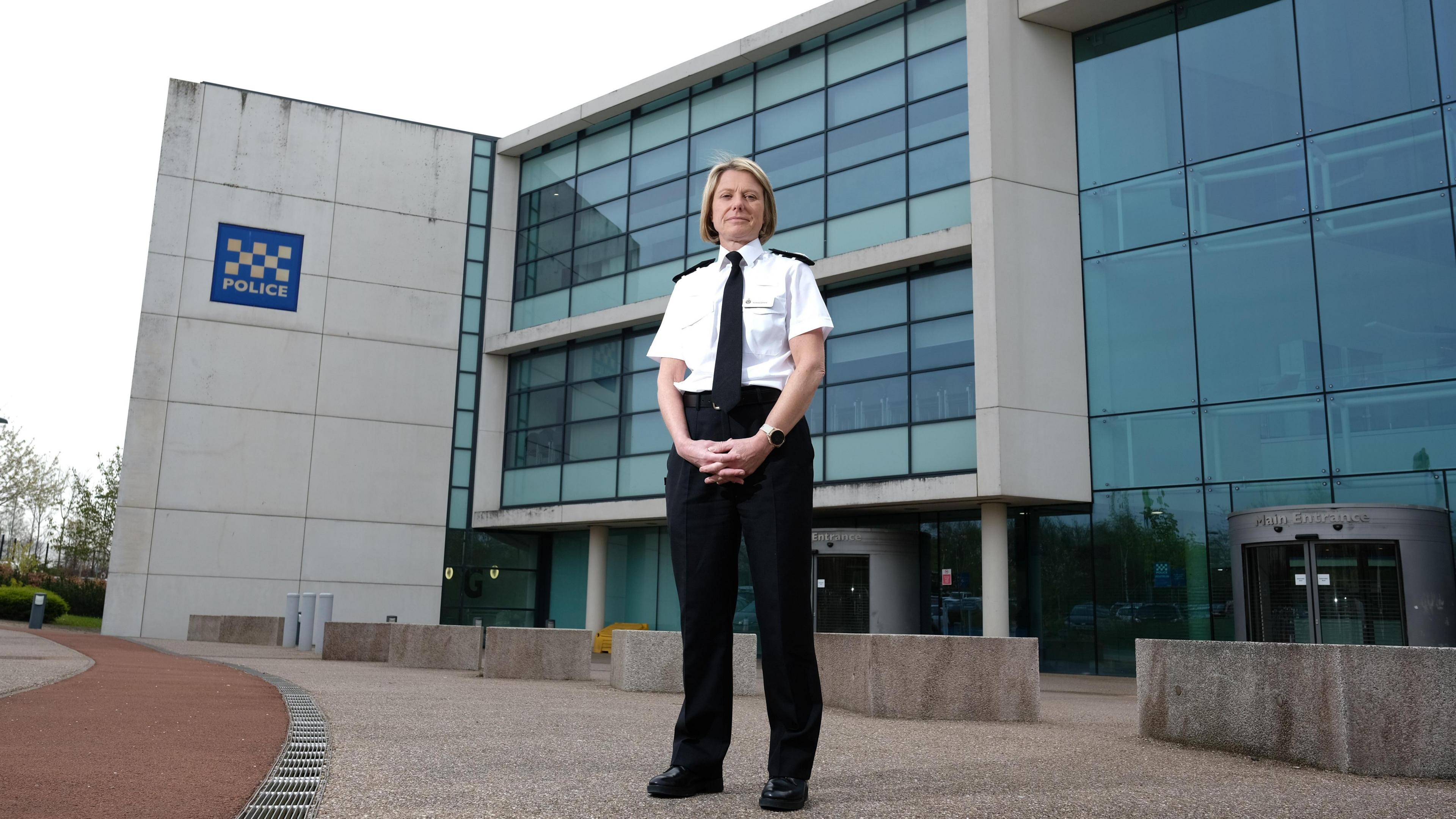
- Published18 March
